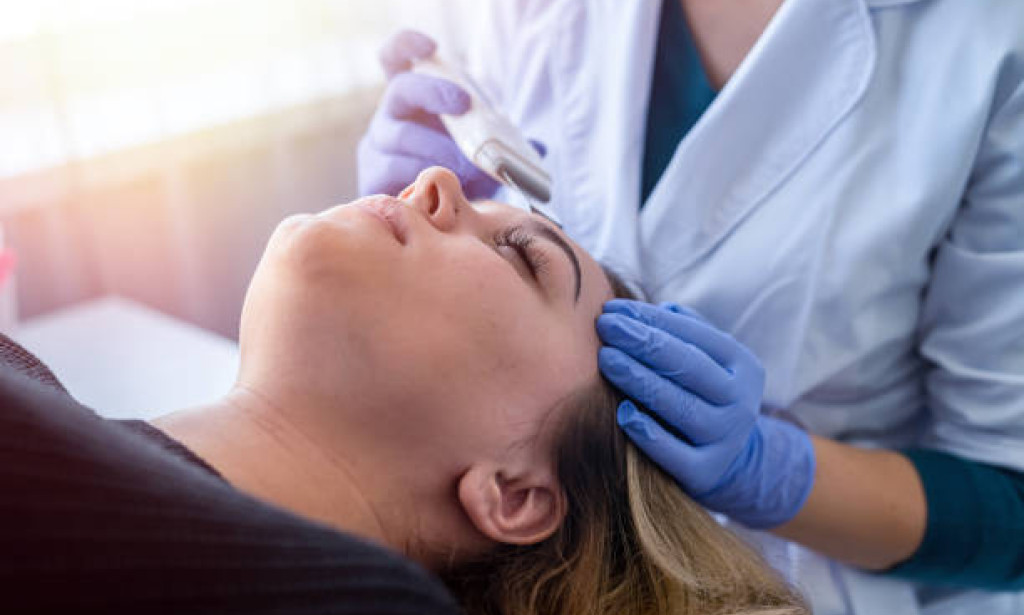Every individual, at some point in their life, has felt the sting of a burgeoning pimple on their skin. But have you ever noticed that these breakouts seem more frequent during stressful times? The link between stress and acne is not just coincidental, and today, we’ll explore this correlation in-depth, emphasizing the role of acne treatments and the guidance of an acne specialist.
Understanding Acne: It’s More than Just Pimples
-
What are the Different Acne Types?
Before diving into the link between stress and acne, it's essential to understand the various acne types. Here's a quick breakdown:-
Comedones: These are the blackheads and whiteheads we often see. They occur when oil and dead skin cells block the skin's pores.
-
Pustules & Papules: Red, tender bumps with no head are called papules, while pustules are similar but have pus at their tips.
-
Nodules & Cysts: These are larger, painful lumps that lie deeper in the skin. Cysts are filled with pus.
-
-
Factors Contributing to Acne
Several factors can contribute to acne, ranging from hormonal fluctuations to genetic predisposition. However, one underrated factor is stress, and its role in exacerbating acne cannot be ignored.
The Stress-Acne Connection
Stress doesn't directly cause acne, but it can play a significant role in its exacerbation. Here's how:
-
Hormonal Fluctuations: Stress leads to an increase in the production of cortisol, a hormone that can cause the skin’s oil glands to produce more oil, leading to acne.
-
Poor Skin Care Habits: During stressful times, individuals might neglect their skincare routine, leading to the accumulation of oil and dirt that can block pores.
-
Reduced Immunity: Stress weakens the immune system, making it harder for the body to fight off bacteria that cause acne.
Strategies to Reduce Impact: Advice from an Acne Specialist
-
Prioritize Stress Management
-
Incorporate relaxation techniques such as meditation, deep breathing, and yoga into your routine.
-
Ensure you get adequate sleep each night.
-
Engage in regular physical activity.
-
-
Maintain a Regular Skincare Routine
-
Cleanse your face twice a day using gentle cleansers.
-
Exfoliate once a week to remove dead skin cells.
-
Never sleep with makeup on.
-
-
Seek Professional Acne Treatment
-
For persistent acne, consulting an acne specialist is crucial. They can provide insights into the best acne treatment tailored to your skin type and needs.
-
Over-the-counter treatments can help, but a specialist can offer more targeted solutions.
-
Conclusion
-
While stress is an inherent aspect of our daily lives, its influence on acne is not a predetermined outcome. Delving into the intricate relationship between stress and acne reveals a silver lining: that with the right knowledge and tools, we can counteract its effects. Equipping oneself with robust stress management techniques can make a marked difference. Furthermore, by seeking expert guidance and opting for professional acne treatments, individuals can navigate the challenges of stress-induced acne more effectively. Ultimately, understanding this nexus empowers us to nurture our skin health, ensuring it remains resilient against the pressures of everyday life



You must be logged in to post a comment.